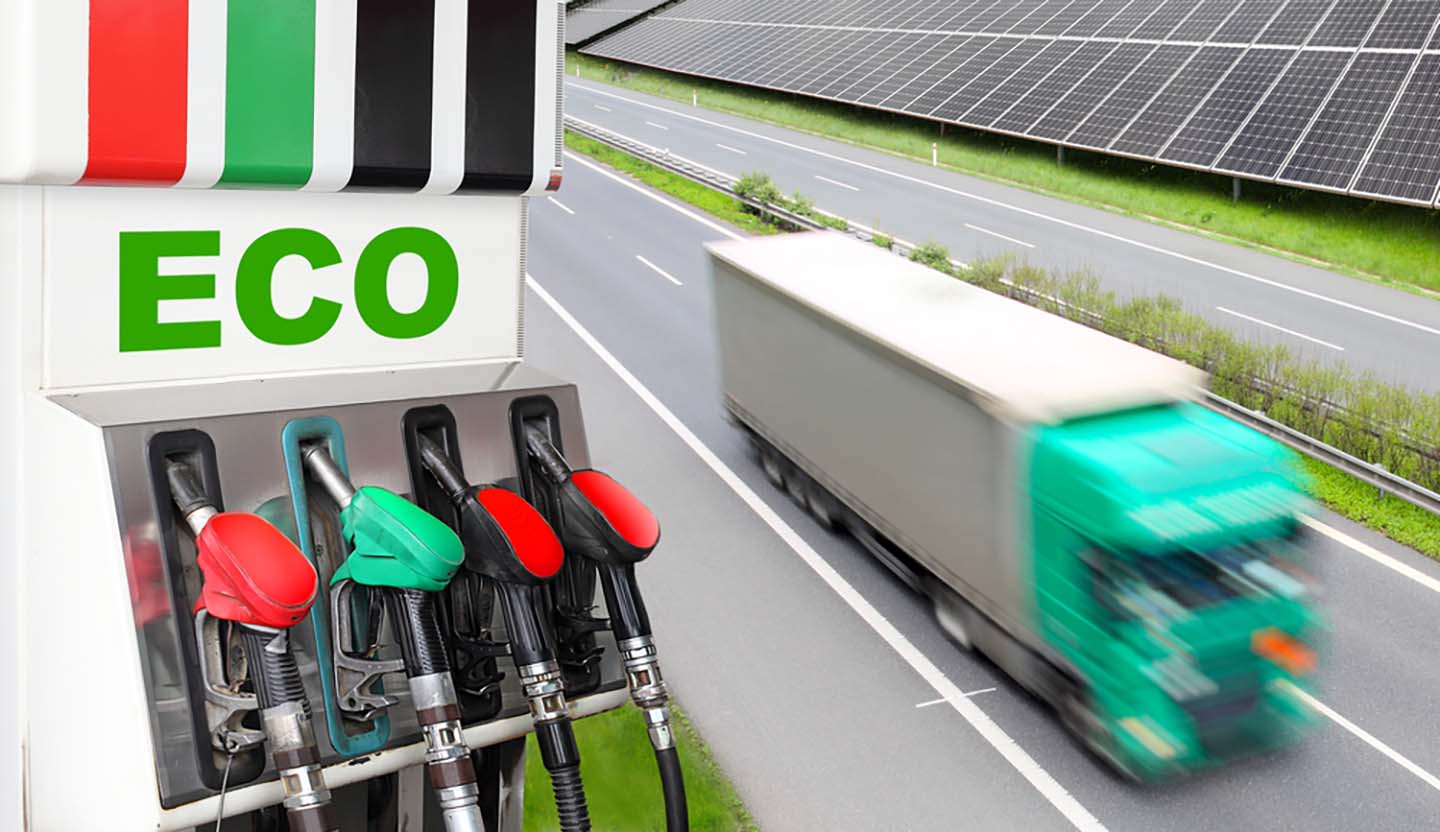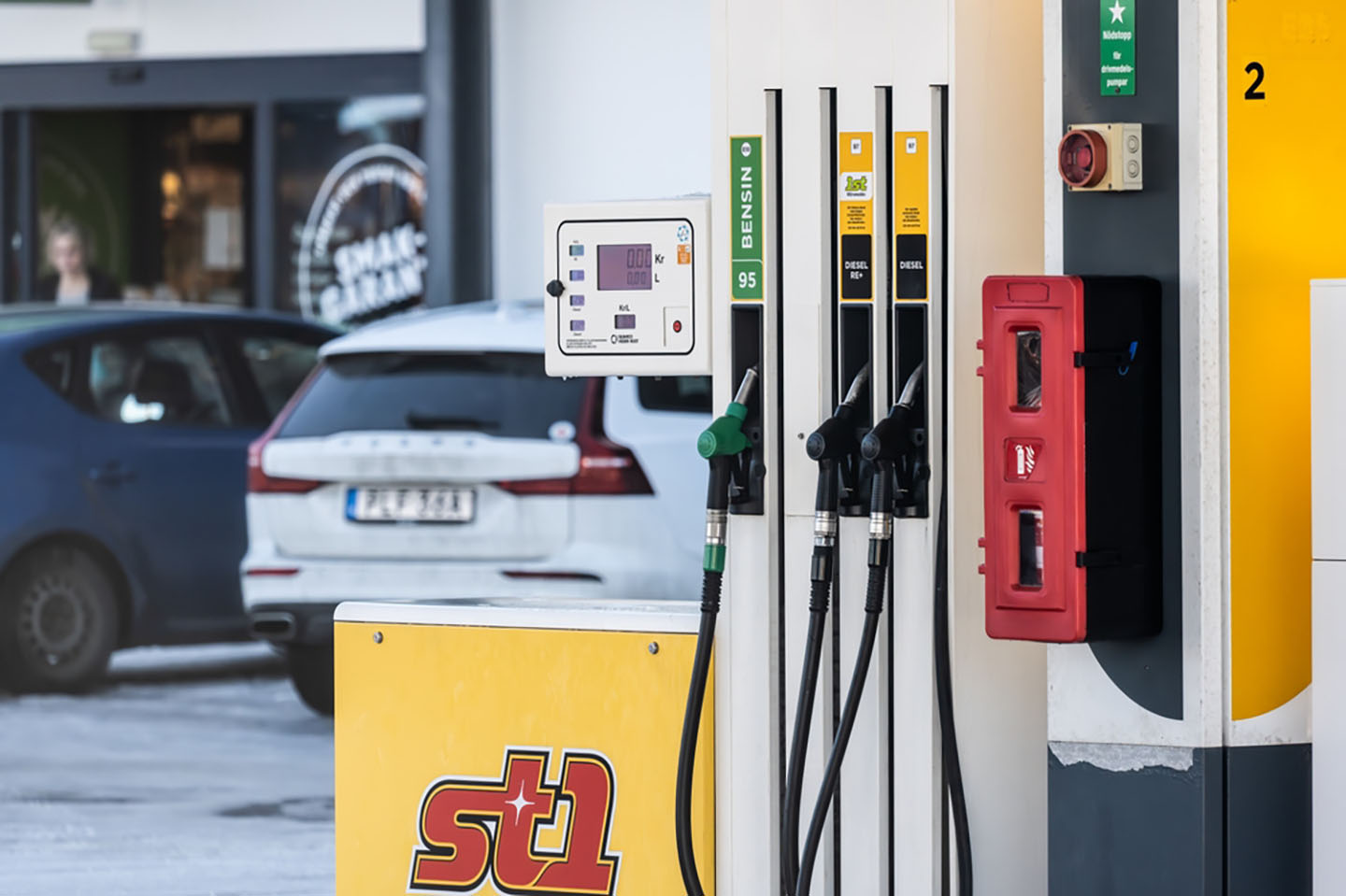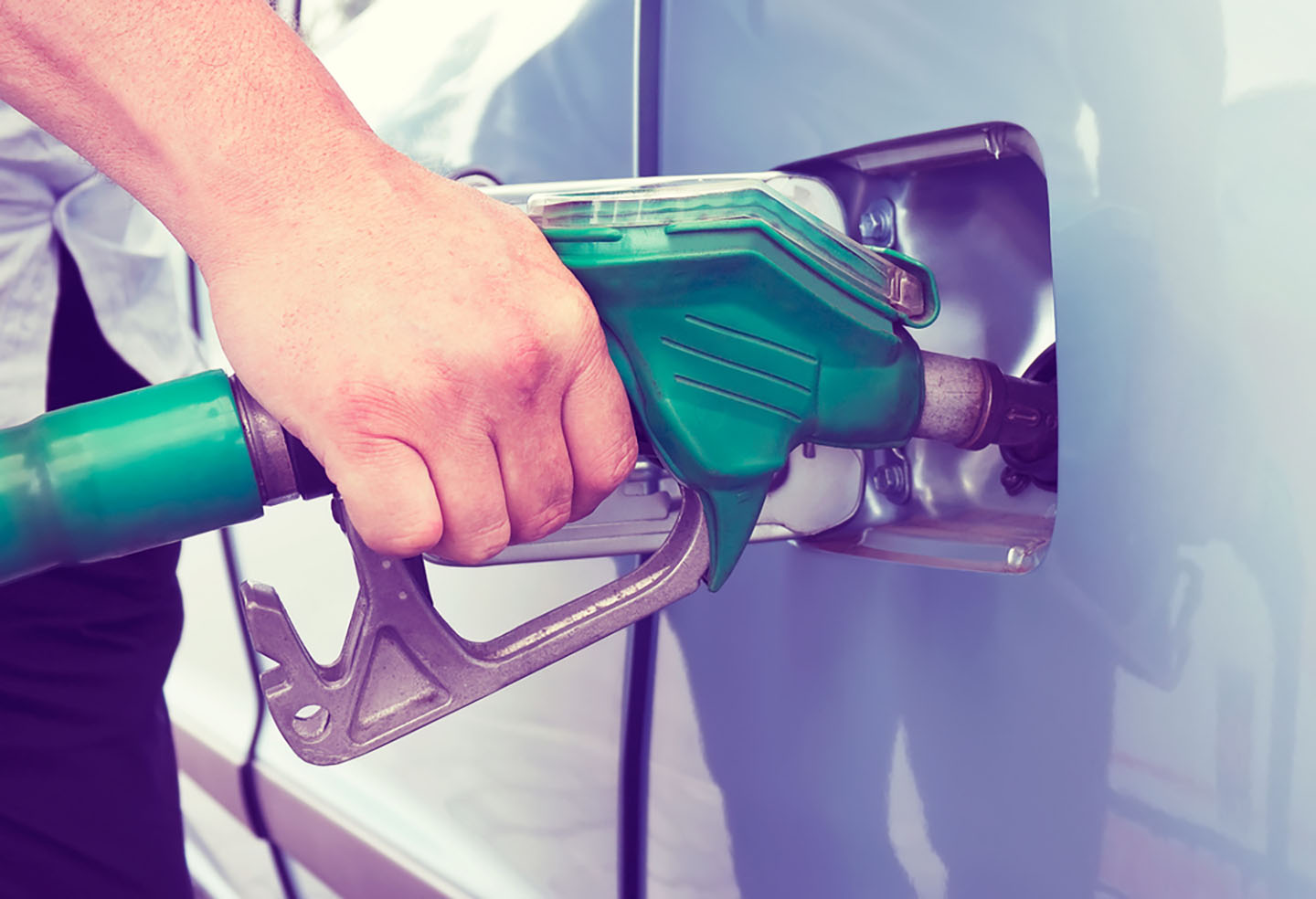Is Diesel Eco-Friendly?
Nov 2nd 2023

Kletr / shutterstock
Diesel engines perform essential functions throughout the economy. They’re capable of hauling hundreds of pounds all over the country, accelerating on cue even from rest. Each one is an impressive feat of engineering, but diesel has come under fire in recent years for releasing greenhouse gas emissions that contribute to climate change. Diesel engines indeed run on fossil fuels just like gas-powered cars, but they can also be surprisingly efficient. Driving diesel is often the only way to move heavy items in most areas. If you’re looking for an eco-friendly vehicle, don’t count out diesel just yet. Learn why diesel is considered more efficient than gas.
Learn More: What Is Diesel?
How Diesel Engines Have Changed
Diesel engines have gone through many iterations over the years. They got a bad reputation in the 1970s when it was known as one of the dirtiest methods of transportation. Those were the days when you could see rings of smog around cities like New York at the end of the day.
The U.S. Environmental Protection Agency (EPA) stepped in to regulate this emerging industry, helping automakers make these vehicles more energy efficient. Today’s diesels use ultra-low sulfur diesel (ULSD), which contains fewer pollutants than the fuel in decades past. They also come fitted with exhaust emissions reduction systems to reduce the spread of harmful pollutants that reduce air quality. According to the Energy Information Association, the new standards reduced overall emissions by 90% and nitrogen compounds (NOx) emissions by 25% to 50%.

Trygve Finkelsen / shutterstock
How Diesel Is Eco-Friendly
Thanks to these modifications, diesel engines now get more power out of every drop of fuel than gas-powered vehicles. That’s because they compress the air and fuel at much higher ratios, which helps it burn more thoroughly and efficiently. The components are timed to fire at precisely the right moment and PSI. It’s not uncommon to see diesel cars get up to 70 mpg or more. These makes and models tend to be especially popular in Europe, which has some of the most stringent emissions regulations in the world.
Even though diesel engines use fossil fuels, they last up to a million miles or more compared to gas vehicles, which usually need to be replaced every 200,000 miles. If you buy a diesel car or truck, you can drive it for decades with proper care and maintenance. You can also buy and fix a used truck to avoid buying a new one. Keeping the same automobile for years and buying used reduces demand for new vehicles, saving energy.

Gertan / shutterstock
Doing Your Part: How to Make Diesel More Eco-Friendly
Your diesel engine will only get a high mpg rating if you put in the time to repair and replace worn parts. Clogs, leaks and other mechanical issues will force the engine to burn more fuel than necessary, costing you more at the pump. Reduce your vehicle’s impact on the environment by changing the oil regularly and monitoring your fuel consumption.
With higher pressure ratios, these engines need clean oil to lubricate the various parts and systems. If your truck is used or more than a few years old, replace the parts that are most likely to fail. The fuel is directly injected into the combustion chamber as a fine mist. Dirty oil will cause the injectors to clog, delaying start times and preventing the engine from burning the fuel. Find replacement diesel fuel injectors to resolve the issue.
Maintain your vehicle’s emissions reduction system to improve air quality. The exhaust gas recirculation (EGR) cooler is known to cause problems in Powerstroke engines, spreading NOx emissions. Find replacement diesel exhaust systems online to prevent these particles from escaping into the atmosphere.
Diesel engines can help reduce how much fossil fuel the world burns in the years to come. They use complex systems to pressurize the air and fuel, which increases fuel efficiency. Every time you fill up, you are putting precious natural resources in your tank. Keep these tips in mind to avoid letting your diesel fuel — and your money — go to waste.
